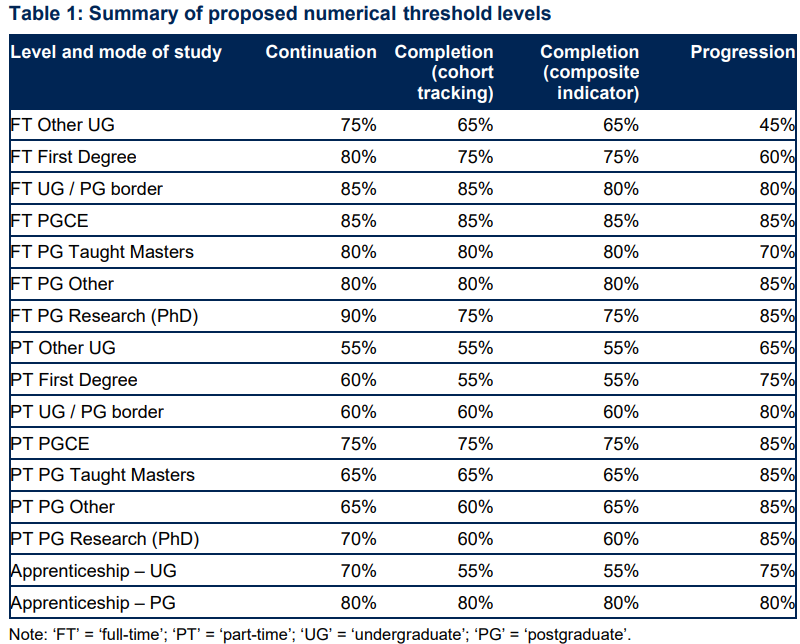Apprenticeships are extraordinarily popular – and more progress is being made from the skills bill, writes Alex Burghart
Skills lie at the heart of levelling up. Skills will help people drive their careers forward.
Skills will help towns and cities attract and nourish new businesses and developments. Skills will help the economy thrive and public services deliver.
Our blueprint for a major shift forward in the way we develop people’s skills – the Skills For Jobs white paper – was published a year ago today.
We want everyone at every stage in their life to have the opportunity to step up and move on – be it the school leaver who needs an apprenticeship, or the career changer who wants a higher technical qualification, or the person who sees opportunities and needs a skills bootcamp course.
Something so everyone can switch on, log in and skill up.
This is why, over the next four years, we are giving new support to post-16 technical education.
My department has secured a massive £3.8 billion to invest in further education and skills over this parliament, including an extra £1.6 billion boost by 2024/25 for 16-19-year-olds, to roll out ambitious, game-changing programmes.
This comes on top of the £1.5 billion we are investing to transform college estates and make them fit for the future.
We have rolled out skills bootcamps, our free courses for jobs offer, the digital skills entitlement ̶ and the chancellor has made a huge investment in basic adult numeracy through the Multiply programme.
Nine new Institutes of Technology will bring the total to 21 across the country. Created in collaboration with companies such as Microsoft, Esh Group, GKN Aerospace and the Met Office, they are playing a critical role in delivering the higher technical skills needed for our future success.
The rollout of T Levels – our new gold-standard technical qualification at level 3, to rival academic routes – marches on, with ten courses now available in over 100 providers.
And we are continuing to build on the almost five million apprenticeship starts since 2010, creating additional flexibilities to help more sectors and employers get the most out of this extraordinarily popular programme.
And, vitally, we have cemented our vision for lifelong learning, making an iron-clad guarantee that from 2025 there will be a lifelong loan entitlement, giving people the opportunity to train, retrain and upskill throughout their lives.
These changes will help our businesses get the talented, highly skilled workers they need, delivering productivity gains and an ever-stronger economy.
We are putting employers at the heart of our revitalised skills system.
As we have seen through the skills bill, there is real cross-party support to make sure we are training people with the skills that businesses need.
Already, we have established eight trailblazer areas where the first local skills improvement plans are being developed by employer representative bodies.
Alongside LSIPs, we are investing £65 million in delivering cutting-edge equipment, upskilling teaching staff and developing new courses across 18 pilot areas, realising the ambitions that providers and employers have for our young people.
These trailblazers and pilots are spurring new collaborative working.
Trailblazers and pilots are spurring new collaborative working
There are great examples of colleges, universities and other providers working hand-in-glove with employers to shape the training provision that local communities and businesses need (for example, in green construction).
With the hard work and support from the sector, we are making leaps and bounds in transforming skills across our country.
Rarely has there been a time when the economy has been so hungry for skills. As we look toward another crucial year, our reforms will gather pace and deliver a newly skilled and work-ready stream of talent to feed this appetite.
More courses, more opportunities, better life chances.

